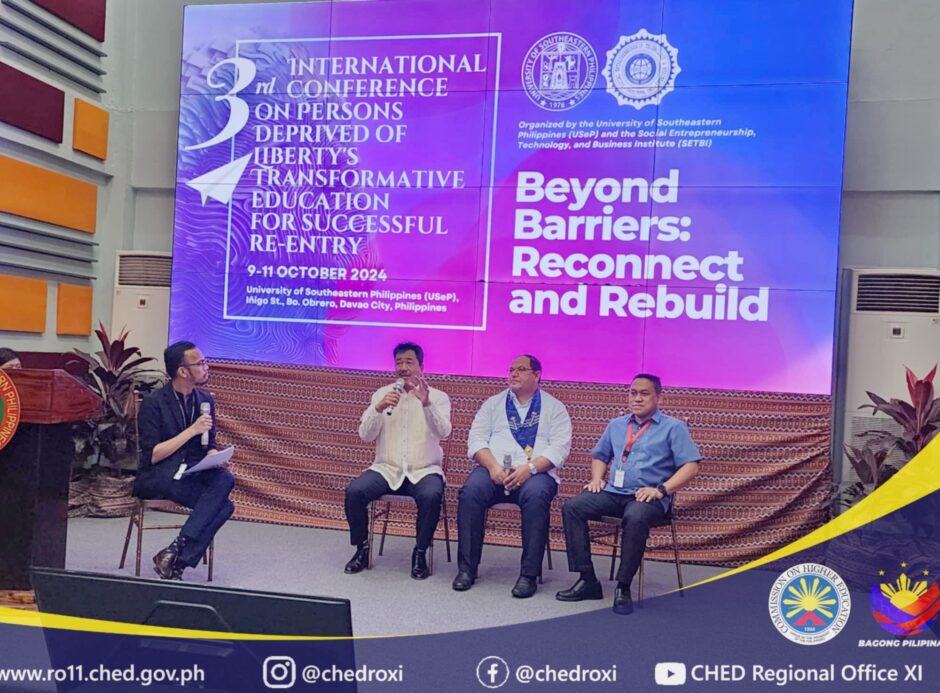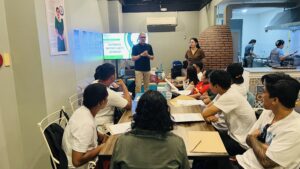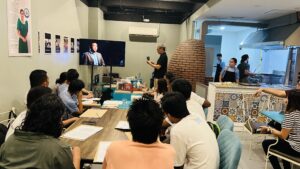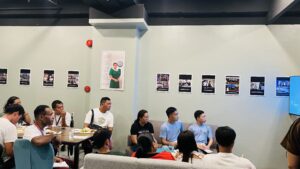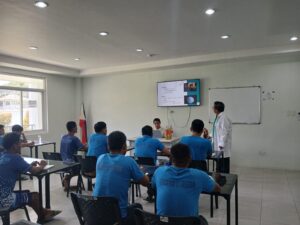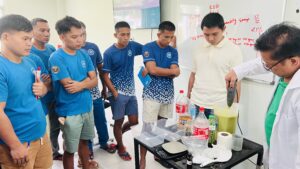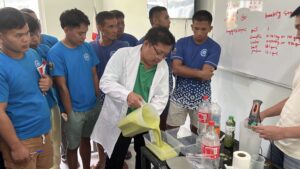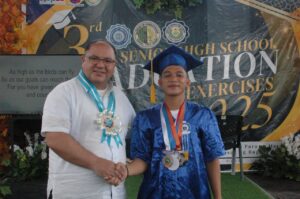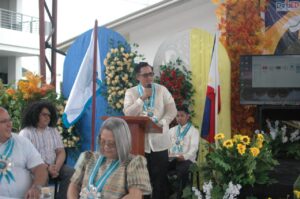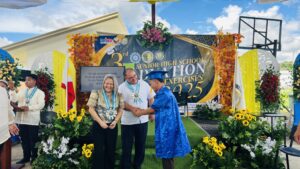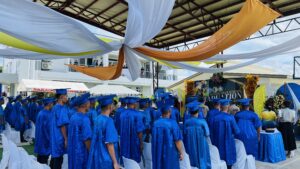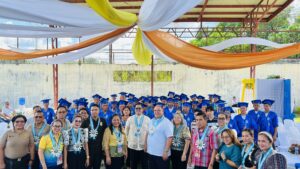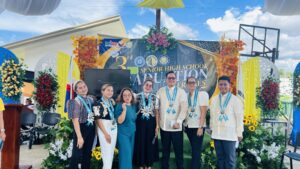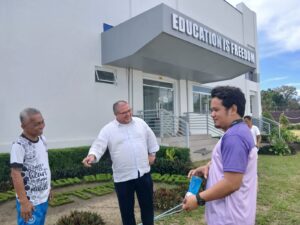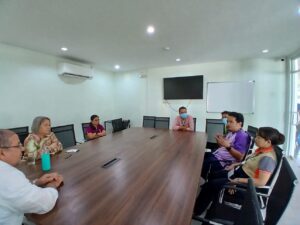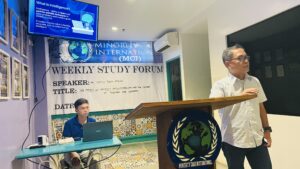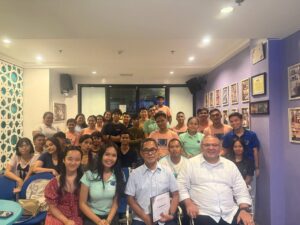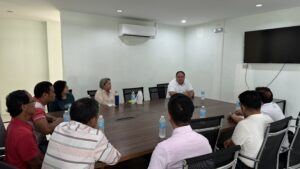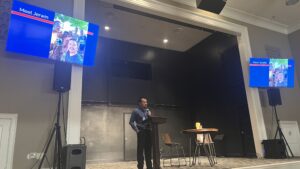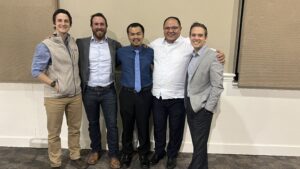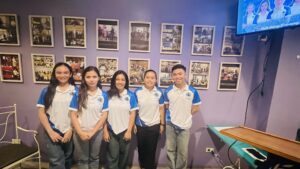 The newly elected set of MCISA officers took their oath and accepted the challenges of serving their community for academic year 2025-2026 in front of the group MCISA members on September May 11, 2025. At the MCI Weekly Study Forum, 40-45 college students from across the universities come together to explore currents topics such as war, violence, poverty, peace
The newly elected set of MCISA officers took their oath and accepted the challenges of serving their community for academic year 2025-2026 in front of the group MCISA members on September May 11, 2025. At the MCI Weekly Study Forum, 40-45 college students from across the universities come together to explore currents topics such as war, violence, poverty, peace 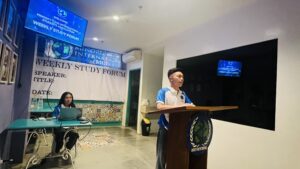 building, human trafficking, hate, and suicide--issues facing their generation. The new officers are determined to implement its global goals. MCI’s weekly study forum is crucial because, unlike school communities, it provides a suitable platform for young people to articulate their thoughts and ideas on current social issues, affairs that impact their lives and communities. And that prepare them to effectively advocate for their views to a wider audience. It is also a space to learn about the importance of weekly exchanges and how to contribute to them effectively, as well as to offer a solid network of support during the weekly study forum. Continue reading
building, human trafficking, hate, and suicide--issues facing their generation. The new officers are determined to implement its global goals. MCI’s weekly study forum is crucial because, unlike school communities, it provides a suitable platform for young people to articulate their thoughts and ideas on current social issues, affairs that impact their lives and communities. And that prepare them to effectively advocate for their views to a wider audience. It is also a space to learn about the importance of weekly exchanges and how to contribute to them effectively, as well as to offer a solid network of support during the weekly study forum. Continue reading
Meet the Author
Dr. Aland Mizell is with the University of Mindanao School of Social Science, President of the MCI and a regular contributor to The Kurdistan Tribune, Kurdishaspect.com, Mindanao Times and Kurdish Media.You may email the author at:aland_mizell2@hotmail.com.Become a Member today!
Categories
